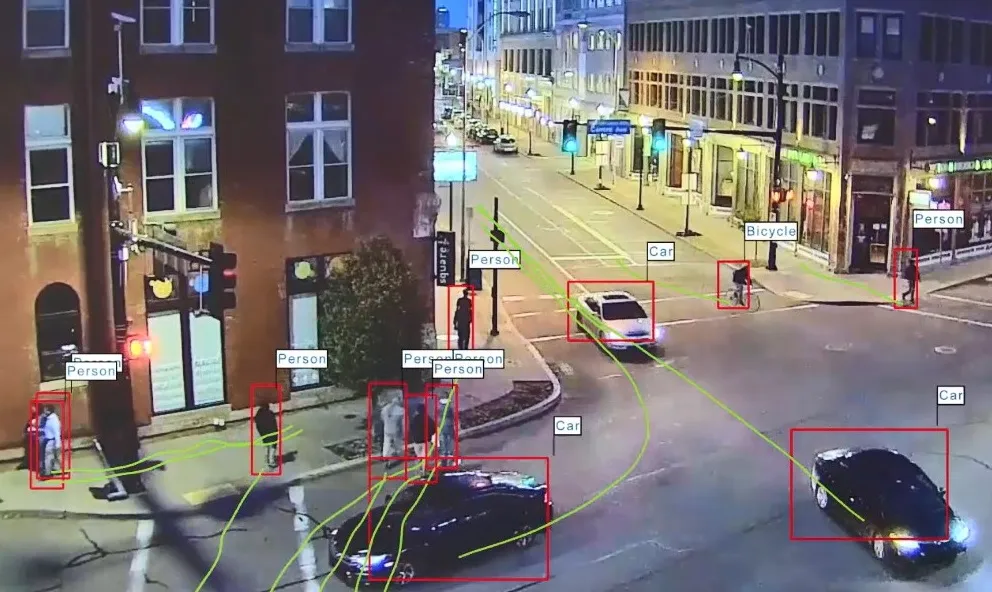
Making a sustainable vision a reality is easier said than done, especially when it comes to transportation.
However, it's frustrating to see the UK’s new green strategy once again centre around electric vehicles - which bring a multitude of challenges in the pursuit of Net Zero.
While alternate fuel sources are important, even an electric vehicle is taking up valuable space on our roads, contributing to congestion.
The rapid increase of cars will require more road-building - which in itself will cancel out 80% of the carbon savings from a switch to electric over the next 12 years, analysis shows. If use of EVs reaches 80 % by 2050, this would also require an additional 150 gigawatts of electricity for charging them, which risks offsetting the positive climate impacts.
Difficult to produce on a commercially viable basis, electric vehicles are currently largely unaffordable to the mass market. Unless this changes, it’s an undoubtable thorn in the side of the government’s ban on selling petrol and diesel vehicles by 2030.
Pursuing transit-first policies is the best way to cut car dependency and shift travellers to public transit. With the right tools, passenger behaviour can be changed – or ‘nudged’ – to make an impact on traffic and pollution.
That’s where digital mobility comes into play: solutions that can synchronise siloed transport systems across the mobility network, enabling regional, national and international stakeholders to collaborate effectively and make well-informed decisions. This allows us to connect everything, from local  buses to ridesharing to traffic management, to provide one efficient, coordinated journey.
buses to ridesharing to traffic management, to provide one efficient, coordinated journey.
As an example of how this might encourage proactive tactics, we might use dynamic congestion pricing to reduce traffic on days with poor air quality. This will help to make sustainability a reality.
Reducing private car use and back the use of valuable road space for things such as better footpaths for pedestrians, new cycleways and bus rapid transit lanes, which will help make cities more livable, equitable, healthy and sustainable.
This is an essential factor when considering a genuinely world-leading and competitive green agenda.
ABOUT THE AUTHOR
Audrey Denis is strategy manager at Cubic Transportation Systems










